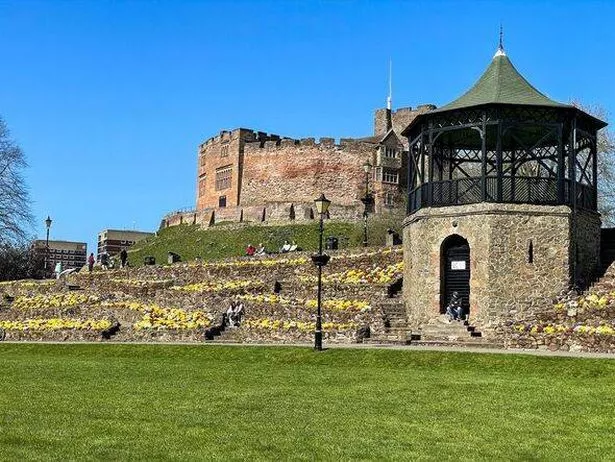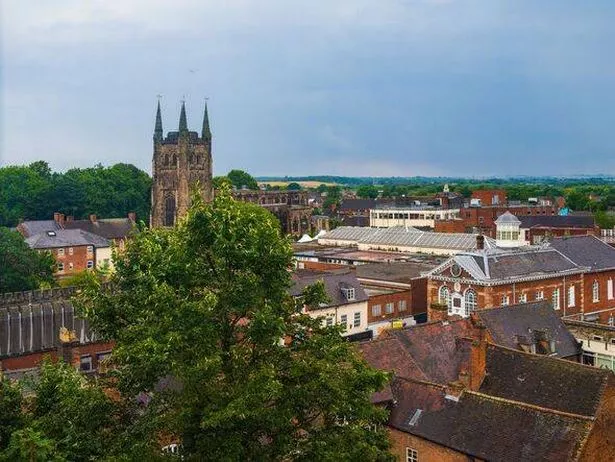Once the capital of England for almost 200 years, today it is a quiet town with a rich history and a castle that dates back to the 11th century
When you think of the capital of England, London’s iconic landmarks like Big Ben and the Houses of Parliament immediately spring to mind.
But this wasn’t always the case — 300 years before London took the title, a humble market town northeast of Birmingham in Staffordshire held the honour. Tamworth, spanning just 12 square miles, is not only Staffordshire’s smallest borough but also one of the tiniest in the country.
However, don’t underestimate its historical significance — Tamworth was once the capital of England. In the 8th century, King Offa declared Tamworth as the seat of Royal power, a status it maintained for nearly two centuries, reports the Express.
While Tamworth was the centre of power, and even boasted a palace during King Offa’s reign, it wasn’t until the 11th century that Tamworth Castle was constructed by Robert Despenser, steward of William the Conqueror.
Before and after the renowned Norman conquest of England, Tamworth experienced a period of prosperity as local lords built castles in and around the town.
In the 8th century, England was divided into kingdoms: Mercia, Northumbria, and Wessex, with Mercia being the largest and most influential.
Tamworth was at the heart of the Mercian Kingdom, and the Mercian Kings spent more time here than anywhere else.
However, London’s status as the capital city was solidified in 1066 when William the Conqueror marched on the city following his victory in the Battle of Hastings.
Today, the market town retains its historical charm and offers locals a tranquil lifestyle, with independent shops, cafes, pubs and restaurants dotting the streets of the traditional town centre.
It might shock many, but England has had a number of capitals before London was finally chosen.
In the 10th Century, Athelstan, the first king of (all) England and grandson of Alfred the Great, declared Malmesbury his capital after vanquishing an army of northern English and Scots.
Not only does Colchester claim to be Britain’s oldest recorded town, but it also became the nation’s Roman capital in AD49.



